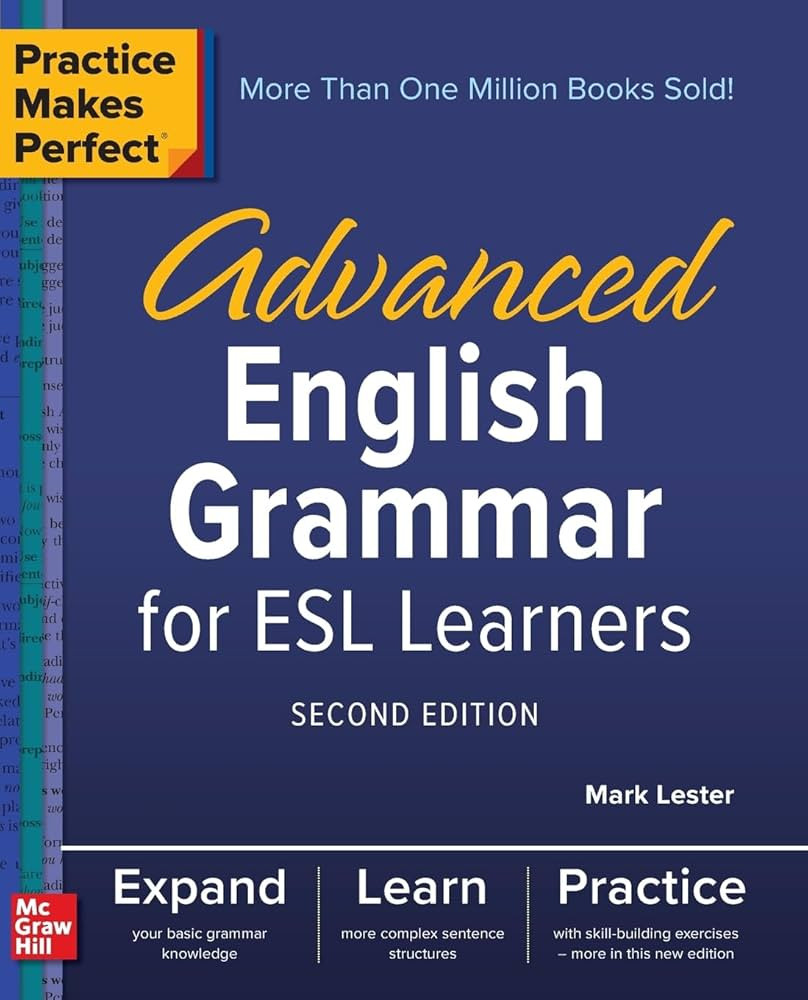
As Students in the Faculty of Education, Psychology is an important module that will help them to understand well their role as future teachers, so as to help well learners learn how to learn, considering their specificities as individuals or/and group members. This module tries to cover a wide range of psychological aspects. Students should be able to carry out informed discussions based on the principles and theories of learning.
They should be able to be aware of demonstrating and understanding classroom settings practices related to the above principles and theories.
They should be able to be aware of demonstrating and understanding classroom settings practices related to the above principles and theories.
- Teacher: Emmanuel Joie KUBWAYO
- Teacher: Anastase MVUYEKURE
- Teacher: Celestin RWIGAMBA
- Teacher: Christine UMUHOZA
IKIBONEZAMVUGO N’IYIGANDIMI BYISUMBUYE BY’IKINYARWANDA
A. INTEGO Z’ISOMO:
- Kwerekana ingingo iyîgantêgo ry’Ikinyarwanda ryibandaho.
- Kugaragaza uturemajambo nteme tw’amagambo y’amoko anyuranye: Izina, ntera n’ikinyazina.
- Kwerekana intêgo y’inshinga itondaguye mu buryo no mu bihe bitandukanye.
- Kwerekana ingingo iyiganteruro ry’Ikinyarwanda ryibandaho
- Gusesengura interuro z’Ikinyarwanda
B. IMBATA Y’ISOMO
0. Intangiriro
IGICE CYA MBERE: IKIBONEZAMVUGO K’IKINYARWANDA
1.1. Amateka y’ikibonezamvugo k’Ikinyarwanda
1.2. Iyogabihe ry’ibitabo byanditswe ku kibonezamvugo
IGICE CYA KABIRI: IYIGANTEGO
2.1. Amoko y’inshinga
2.2. Uburyo n’ibihe by’inshinga
2.3. Uturemajambo nteme tw’inshinga
2.4. Amategeko y’igenamajwi ajyanye n’umusozo–ye
2.5. Izina
2.6. Ntera
2.7. Ikinyazina
IGICE CYA GATATU: IYIGANTERURO
3.1. Isanisha
3.2. Ijambo mu nteruro
3.3. Ibinyamumaro
3.4. Umwanya w’ibinyamumaro mu nteruro
3.5. Ubuganacyuzuzo
3.6. Interuro
IGENAGIHE RY’IMYIGISHIRIZE
Umwigisha azaba hamwe n’abanyeshuri mu isomo imbonankubone mu gihe kingana na 36% by’igihe cyose kigenewe iri somo, naho 64% by’igihe cyose kigenewe iri somo bikaziharirwa n’umunyeshuri mu mirimo itandukanye izamufasha gushakashaka no gucengera kurushaho isomo. Umunyeshuri azajya akora imikoro ku giti ke cyangwa mu itsinda.
UBURYO BW’ISUZUMABUMENYI
- Amasuzuma mbonezanyigisho afite agaciro kangana na 60%: agizwe n’imyitozo yanditse, kumurika ibyasomwe cyangwa kugaragaza ibyagezweho n’ubushakashatsi.
- Isuzuma nsozanyigisho/ry’indunduro ryo rifite agaciro kangana na 40%: rigamije kwerekana ubumenyi rusange umunyeshuri yungutse mu isomo ryose.
- Mu isuzumabumenyi cyangwa umwitozo byanditse, ururimi rwandikwamo (imyandikire yemewe y’Ikinyarwanda) bizagenerwa buri gihe amanota bitewe n’ingano y’umurimo. Amanota nk’aya kandi azagenerwa imivugirwe y’Ikinyarwanda mu gihe umurimo watanzwe uzaba umurikwa.
UBUSHOBOZI FATIZO
Ubumenyi mu mbumbanyigisho yitwa: “Umusogongero ku Kibonezamvugo n’Iyigandimi by’Ikinyarwanda”.
A. INTEGO Z’ISOMO:
- Kwerekana ingingo iyîgantêgo ry’Ikinyarwanda ryibandaho.
- Kugaragaza uturemajambo nteme tw’amagambo y’amoko anyuranye: Izina, ntera n’ikinyazina.
- Kwerekana intêgo y’inshinga itondaguye mu buryo no mu bihe bitandukanye.
- Kwerekana ingingo iyiganteruro ry’Ikinyarwanda ryibandaho
- Gusesengura interuro z’Ikinyarwanda
B. IMBATA Y’ISOMO
0. Intangiriro
IGICE CYA MBERE: IKIBONEZAMVUGO K’IKINYARWANDA
1.1. Amateka y’ikibonezamvugo k’Ikinyarwanda
1.2. Iyogabihe ry’ibitabo byanditswe ku kibonezamvugo
IGICE CYA KABIRI: IYIGANTEGO
2.1. Amoko y’inshinga
2.2. Uburyo n’ibihe by’inshinga
2.3. Uturemajambo nteme tw’inshinga
2.4. Amategeko y’igenamajwi ajyanye n’umusozo–ye
2.5. Izina
2.6. Ntera
2.7. Ikinyazina
IGICE CYA GATATU: IYIGANTERURO
3.1. Isanisha
3.2. Ijambo mu nteruro
3.3. Ibinyamumaro
3.4. Umwanya w’ibinyamumaro mu nteruro
3.5. Ubuganacyuzuzo
3.6. Interuro
IGENAGIHE RY’IMYIGISHIRIZE
Umwigisha azaba hamwe n’abanyeshuri mu isomo imbonankubone mu gihe kingana na 36% by’igihe cyose kigenewe iri somo, naho 64% by’igihe cyose kigenewe iri somo bikaziharirwa n’umunyeshuri mu mirimo itandukanye izamufasha gushakashaka no gucengera kurushaho isomo. Umunyeshuri azajya akora imikoro ku giti ke cyangwa mu itsinda.
UBURYO BW’ISUZUMABUMENYI
- Amasuzuma mbonezanyigisho afite agaciro kangana na 60%: agizwe n’imyitozo yanditse, kumurika ibyasomwe cyangwa kugaragaza ibyagezweho n’ubushakashatsi.
- Isuzuma nsozanyigisho/ry’indunduro ryo rifite agaciro kangana na 40%: rigamije kwerekana ubumenyi rusange umunyeshuri yungutse mu isomo ryose.
- Mu isuzumabumenyi cyangwa umwitozo byanditse, ururimi rwandikwamo (imyandikire yemewe y’Ikinyarwanda) bizagenerwa buri gihe amanota bitewe n’ingano y’umurimo. Amanota nk’aya kandi azagenerwa imivugirwe y’Ikinyarwanda mu gihe umurimo watanzwe uzaba umurikwa.
UBUSHOBOZI FATIZO
Ubumenyi mu mbumbanyigisho yitwa: “Umusogongero ku Kibonezamvugo n’Iyigandimi by’Ikinyarwanda”.
- Teacher: KWIZERA INNOCENT
- Teacher: Daniel NDAHIMANA
- Teacher: Sylvestre NGARAMBE
- Teacher: Alphonse NTEZIYAREMYE

The module entitled “Advanced English Grammar and Linguistics”, administered by the Faculty of EDUCATION (Department of Arts and Humanities), is designed for students of Level II (Year II), Options of English-French, English-Kinyarwanda and English-Kiswahili.
This module aims at developing students’ ability to analyse the structure and meaning of English sentences and texts by use of the various theories of syntax and semantics and grammar rules. Students will be introduced to advanced grammar by analysing various types of clauses and sentences, and various syntax and semantics theories.
This module aims at developing students’ ability to analyse the structure and meaning of English sentences and texts by use of the various theories of syntax and semantics and grammar rules. Students will be introduced to advanced grammar by analysing various types of clauses and sentences, and various syntax and semantics theories.
- Teacher: KAREKEZI DIEUDONNE
- Teacher: Theoneste DUSABEMUNGU
- Teacher: JONATHAN HATEGEKIMANA

- Teacher: Emilien BISAMAZA
- Teacher: Daniel HABIYAMBERE
- Teacher: Christine UMUHOZA

This course equips students with advanced English communication skills essential for academic, professional, and interpersonal success. By mastering essay writing, fluent speaking, critical reading, and business communication, students will excel as educators, leaders, and effective communicators in diverse contexts.
- Teacher: Daniel HABIYAMBERE
- Teacher: JONATHAN HATEGEKIMANA
- Teacher: CLEMENT MAHORO
- Teacher: Alphonse NDIZEYE
